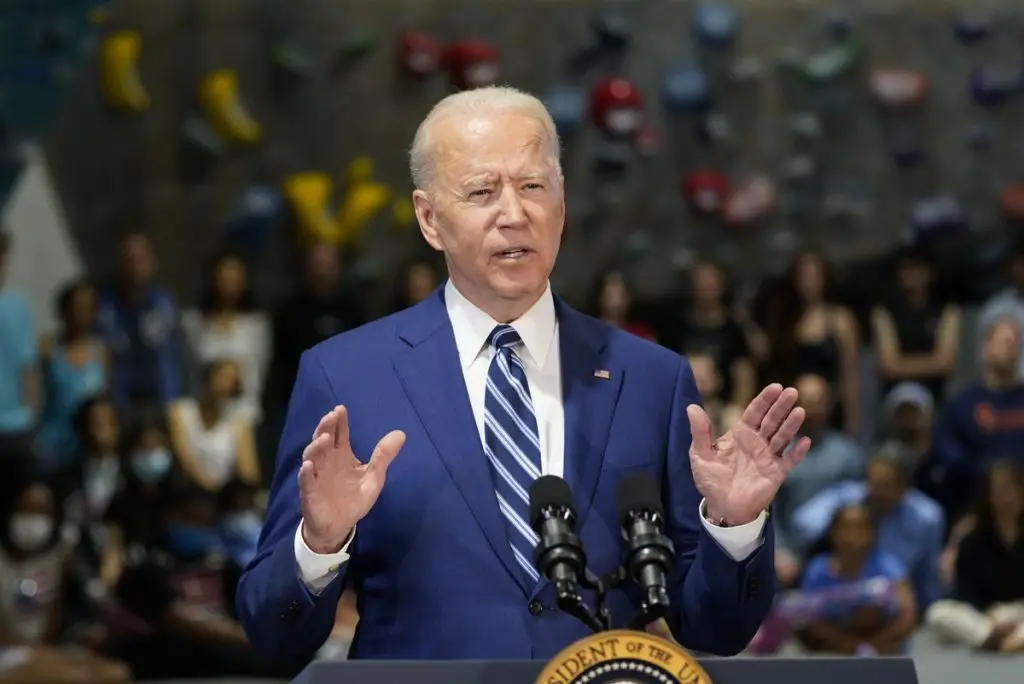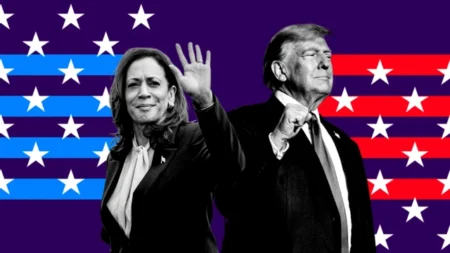US trade relations with Africa were expected to take a turn for the best after Secretary of State Anthony Blinken visited South Africa in August, but it doesn’t look like it is going to be that simple.
Secretary Blinken paraded the US Strategy Toward Sub-Saharan Africa, a 17-page policy document in which the White House admits that ‘…longstanding approaches have become insufficient to meet new challenges in a more contested and competitive world.”
The wordy document proposes to “elevate the U.S. African partnership” and in the process, the US promises to “broaden our vision of and expectations for senior-level engagements, treating meetings with African counterparts as opportunities to advance outcomes favourable to the US. … Even when we have disagreements, we will lean in, agree to meet, and address differences head-on.”
- Which African leaders will be invited to the US-Africa Summit?
- Can Africa remain impartial to the global geo-political groupings?
- Africa-Russia Summit 2023, what is in store for the continent?
It sounds good but that’s all, just good words and nothing specific, no concrete commitments, vague, general…just a brush over.
Here is how Bob Weka, Deputy Director at the African Centre for the Study of the United States, describes it; “This and similar statements in the strategy speak to the long-running criticism about an ostensible dictatorial, even disrespectful attitude by Washington towards African countries, particularly its leaders.”
With Africa saying it was blindsided in the ongoing ‘sale’ of the US-led friend-shoring deal, things don’t look too good. These concerns for ‘concrete trade commitments’ are hoped to be ironed out at the Africa-US Summit this December.
Meanwhile, US’ pledge to support the region’s economic recovery and strengthen trade and commercial relations is raising eyebrows. Does it mean the US is prepared to outbid China with better loan terms?
In this regard, Africa wants to know what the new African Growth Opportunity Act (AGOA) will have to offer post-2025 when the current contentious one expires. The ongoing US-China trade war may bode well for Africa after all. See, as long as the US-China trade war continues, then both sides will try to woo Africa through better deals.
Also Read: The future of US, Tanzania relations under Samia
The document does stipulate increased support for infrastructure projects by proposing a ‘Partnership for Global Infrastructure and Investment (PGII).
The PGII is meant to be a US-led joint initiative to be executed by the G7 nations. The PGII came back in June and is a contender facing off China’s Belt and Road Initiative.

There is the matter of friend-shoring as well, Africa feels the US gave Asia a much better deal, more explicit, more concrete, specific and committed than it ever did with the motherland. How will it play out? Will the US-China trade war help Africa secure a better deal from China than the US?
Even though the strategy does mention a willingness to facilitate ‘new geographic groupings’, it is not specific as to what these new alliances are and what they will mean in terms of trade and even security.
Yes, there is the mention of integrating African states in the overall Indian Ocean and Indo-Pacific forums, but that only spells out the obvious, ‘the U.S. would like to have Africa on its side in its ongoing trade tug of war with China in the Indian Ocean and the Pacific.
If Africa, which traditionally has remained non-partisan, were to take sides with the US against (as would be the case) China (and Russia), then it would be better off getting a more explicit commitment from the US.
Then there is the question of Europe; the US strategy seems to hold Europe as its ally and that by Africa taking the deal, then it automatically gets Europe on its side as well, but that is not entirely true.
Africa has its own relationship with Europe, and the EU-Africa summit will follow right after the US-Africa summit.
Also Read: Blinken in Africa: Rwanda, Congo should end support for militias
Africa is increasingly drawn to take sides in an increasingly multipolar world in which alliances are forged with various interests at heart.
Consider this, Turkey’s foreign policy to the continent, the so-called ‘Strategic Africa’, has borne fruit because it focuses on all aspects of bilateral relations, collaboration and development. Turkey has more than doubled its bilateral trade with Africa in just a few years.
Then there is France. French President Emmanuel Macron has made a point to visit the continent frequently, granted all his visits have been to their former colonies in the West coast of Africa, but nonetheless, his efforts are notable.
Earlier this year, he toured Benin, Guinea-Bissau, and Cameroon, a commendable gesture, especially if you consider the fact that this was his first trip outside Europe since he retook office back in April. What does this mean? Well, in simple terms, it is a tell-tell sign of what importance France places on its relations with the continent.
Then there is China; thanks to the US-China trade war, several leaders have made a point to visit Africa, including Yang Jiechi, former Chinese foreign minister and Chinese Special Representative on African affairs, Xu Jinghu, who broke the record by visiting eight African countries.
Now, why is this important? It should be noted that unlike the US approach to Africa of addressing political issues and democracy, the Chinese keep their relations purely on the economic side.
To complicate matters further, there is the upcoming Africa-Russia summit. See, back in July, Russian Foreign Minister Sergey Lavrov decided to tour Africa. preparing the way for the Africa-Russia summit, the diplomat did not visit just one or two countries, no, he made a tour of the trip, stopping in Egypt, then the Republic of Congo; thereafter, he went to East Africa, visiting Uganda and Ethiopia.
Russia intends to make the best of the Africa-Russia summit, so the envoy did not sugarcoat things during the trip; Foreign Minister Lavrov was clear and blunt. He expressed interest in what he termed as ‘the alignment of Russian and African interests in the global system.
Minister Lavrov was clear that his trip was meant to rally up Africa’s support for Russia in its conquest in Ukraine and in light of the sanctions it is facing from the US and allies and of course, to reassure Africa of a productive Russia- Africa Summit in 2023.
Which African countries will attend the Africa-Russia summit and what implications will that have on their relationship with the US and Europe? The answer to this question may be the same answer to the question, why is Africa not taking sides? Chances are, most African countries will attend the Africa-Russia summit next year, with no implication at all with the West, or China for that matter.
Read: Kenya change of guard among US Secretary Blinken’s agenda











